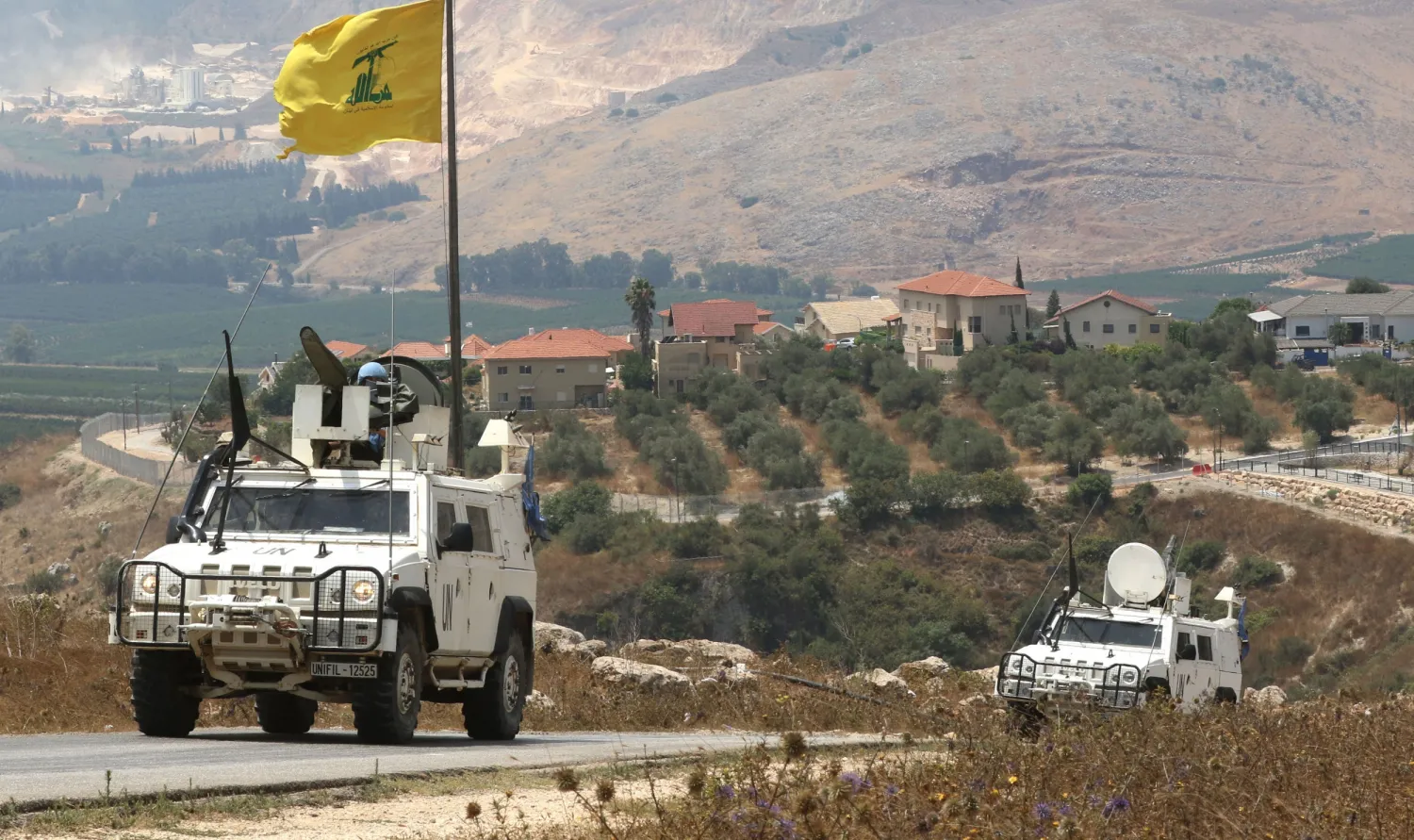Lebanon Tuesday rejected an Israeli call to reform a UN peacekeeping force patrolling the border between the two countries days before a UN Security Council vote to renew its mandate.
Lebanon and Israel are still technically at war, and the United Nations force, UNIFIL, is tasked with monitoring a cessation of hostilities between the two sides.
Lebanon's caretaker foreign minister Charbel Wahbe separately received the ambassadors of the council's five permanent members ahead of Friday's vote, Lebanon's National News Agency said.
He handed them a memorandum stressing that "Lebanon is attached to renewing (the mission of) UNIFIL, without modifying its mandate or its numbers", it added.
Hezbollah has also rejected any change to the nature of the force's mission.
Set up in 1978, UNIFIL was beefed up after a devastating month-long war in 2006 between Israel and Hezbollah.
Israel accuses UNIFIL, whose latest mandate expires at the end of August, of not being active enough against Hezbollah.
It accuses the group of stockpiling weapons at the border, and is pushing for the UN force to be allowed to inspect private property.
UN chief Antonio Guterres in June called for an improved surveillance capacity for the force, including thermal-imaging cameras, hi-tech binoculars, and drones.
The US ambassador to the UN, Kelly Craft, in May called for the Security Council to empower UNIFIL or alter its staffing and resources to better fulfill its mandate.
Hezbollah chief Hassan Nasrallah later the same month rejected any change to the nature of the peacekeeping mission, and lashed out at US pressure over the issue.









